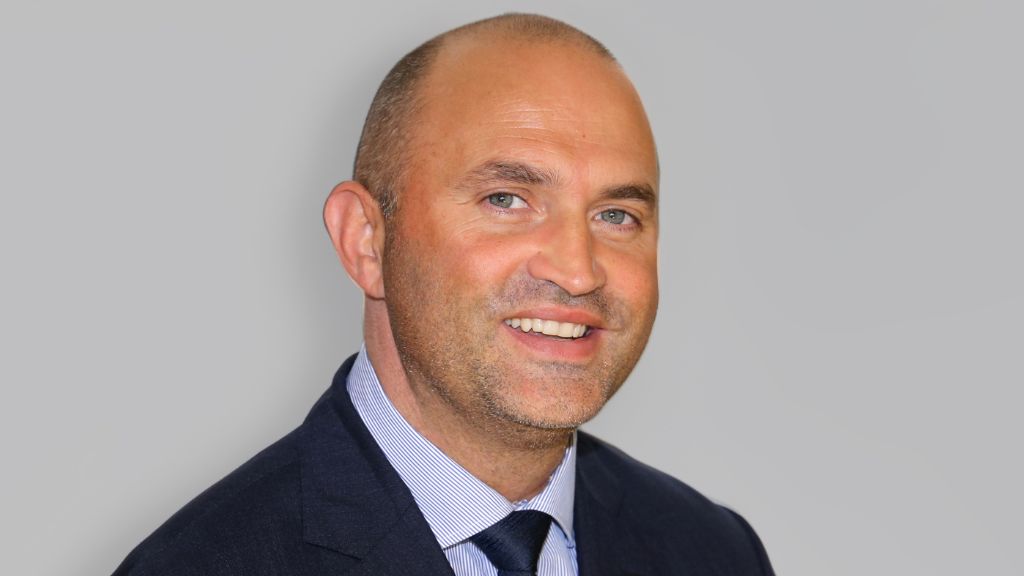BMA announces longest ever strike by junior doctors
The longest ever industrial action by junior doctors in the NHS has been announced by the BMA.
The five-day walk-out will run from 7am on Thursday, 13 July to 7amn on Tuesday, 18 July.
Co-chairs of the BMA Junior Doctors Committee Dr Robert Laurenson and Dr Vivek Trivedi said: “We are announcing the longest single walkout by doctors in the NHS’s history – but this is not a record that needs to go into the history books. Even now the government can avert our action by coming to the table with a credible offer on pay restoration. Restoring pay can stem the flow of Australian job adverts in doctors’ social media feeds – and lead to a future 75 years of doctors being paid fairly, in a rebuilt workforce and NHS that this country can continue to be proud of.”
A DHSC spokesperson said: “It is hugely disappointing the BMA Junior Doctors Committee has declared further strike action in July. These five days will be hugely disruptive for patients and put pressure on other NHS staff.
“The government presented an opening offer and there were active discussions ongoing about a range of pay and non-pay measures to improve the working lives of junior doctors. However, the Junior Doctors Committee turned their back on negotiations by announcing further strikes.
“The government has been clear that strikes must be paused while talks take place, and we remain ready to continue talking at any point if strikes are called off and the Junior Doctors Committee show willingness to move significantly from their unreasonable pay demands.”
Sir Julian Hartley, chief executive of NHS Providers, said: “Trust leaders, staff and patients will have that sinking feeling at the prospect of five straight days of strike disruption, the longest ever single period of industrial action in the history of the NHS.
“After a three-day walkout by junior doctors already this month, forcing more than 100,000 more procedures and appointments to be rescheduled (more than 651,000 in total since December) and with nurses, radiographers and consultants – who could strike for two days in July – being balloted too this figure is bound to rise by many thousands more.
“Trust leaders’ priority throughout any industrial action will remain to keep patients safe and deliver high-quality care but this is getting tougher the longer strikes persist, and it’s getting more and more expensive to find cover for staff on picket lines.
“This can’t go on and become ‘business as usual’. We urge the government and unions to break the deadlock and enter arbitration to find a way to end disruptive strikes.”



